NAIDOC Week 2021: The SOSJ Reconciliation Action Plan Journey
July 8, 2021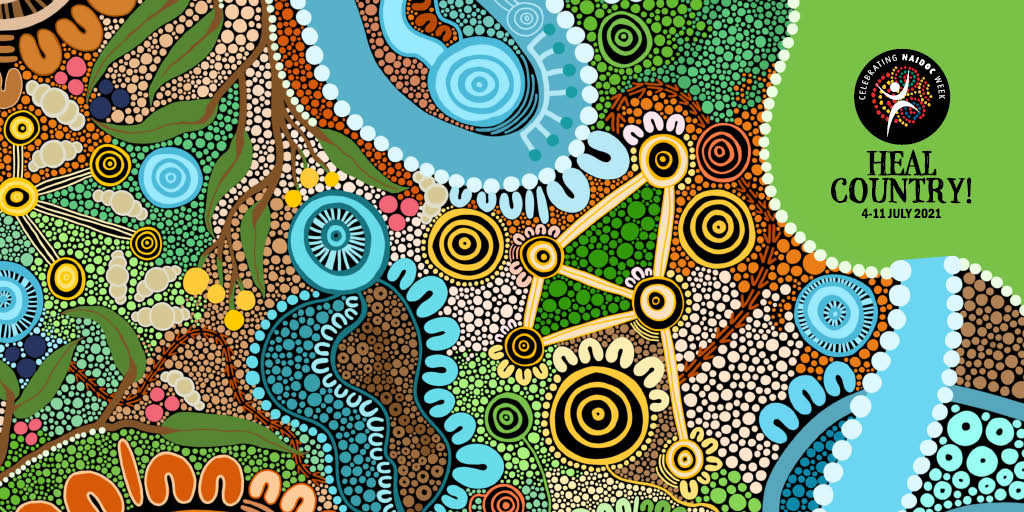
This year’s NAIDOC week theme, “Heal Country”, encourages us to take practical action to “properly work towards redressing historical injustice”.
Over the last year the Sisters of Saint Joseph have taken a further step forward by developing a Reconciliation Action Plan, using Reconciliation Australia’s framework.
What Would Fr Julian Say About Climate Change?
 What would Fr Julian Tenison Woods have to say about climate change? Sr Josephine Mitchell imagines an interview with the scientist, priest and Josephite co-founder on the “MJ Media Network”…
What would Fr Julian Tenison Woods have to say about climate change? Sr Josephine Mitchell imagines an interview with the scientist, priest and Josephite co-founder on the “MJ Media Network”…
Interviewer: It is my great pleasure today to welcome to the program, a remarkable man who needs very little introduction, Father Julian Tenison Woods.
A zealous priest, a committed educator and a well-respected scientist, Fr Julian is probably best known as being the co-founder of the Sisters of Saint Joseph with Mary MacKillop, established in 1866 for the education of poor children. Thank you for joining us, Fr Julian.
JTW: I am very pleased to be with you.
IV: As a scientist, would you share your views on a matter of deep concern to us today – the climate emergency confronting our world?
JTW: Yes. I have been following the discussion among eminent scientists with great interest and I must say I find the situation deeply concerning.
New Publication—Journeying With Joseph: Josephite Essays for the Year of St Joseph
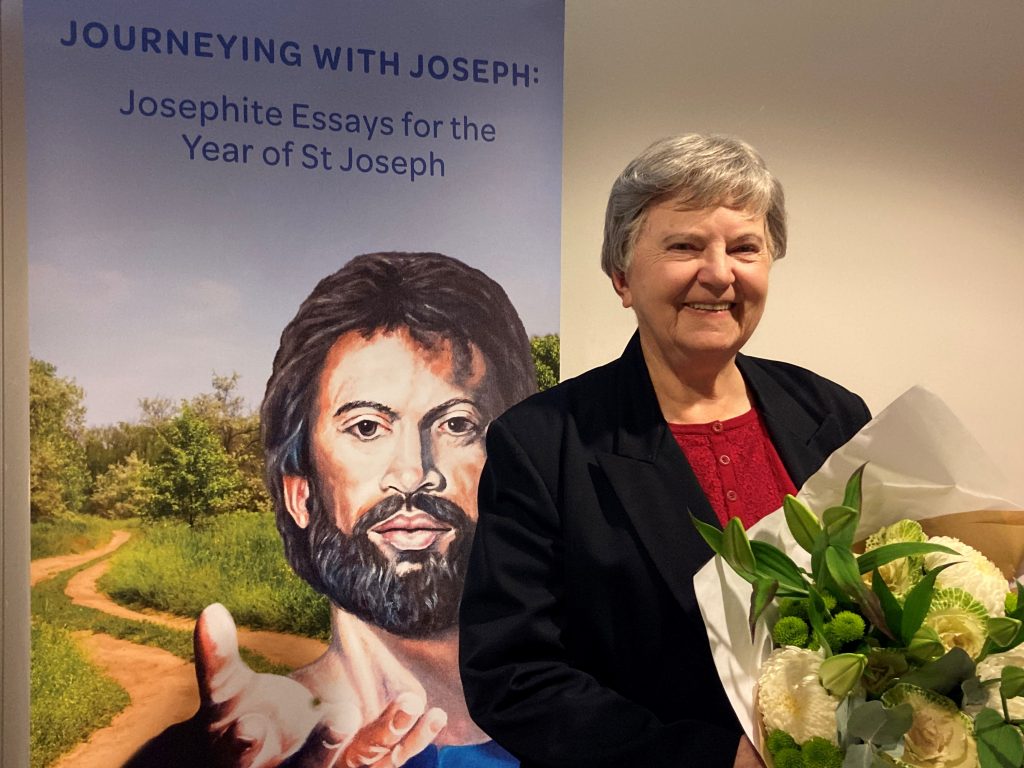
In response to the proclamation by Pope Francis of 2021 as the Year of Saint Joseph, the Sisters of Saint Joseph have published a new book of essays: Journeying with Joseph: Josephite Essays for the Year of Saint Joseph.
The collection, edited by Sr Mary Cresp and published by ATF Press, explores the many facets of Josephite spirituality, including eco-spirituality, Indigenous approaches to the Gospel, and Saint Joseph the “just man”.
Journeying with Joseph was launched on June 13 at Kensington, SA. A planned launch at Baulkham Hills in Sydney was cancelled due to the COVID-19 lockdown, and was instead held via Zoom on June 29.
Mary MacKillop, an Example of Compassion

More than ever the poor of this world, as well as the rich and famous, suffer from a hunger of some kind.
The words and actions of Jesus, often accompanied by miraculous results, are signposts for our Christian lives.
The recent biblical reading of the story of the raising of the daughter of Jairus opens up a deeply human Jesus who tells the family to give her something to eat. (Luke 8: 55)
Port Augusta celebrates 150 years of Education in the Josephite Tradition
June 8, 2021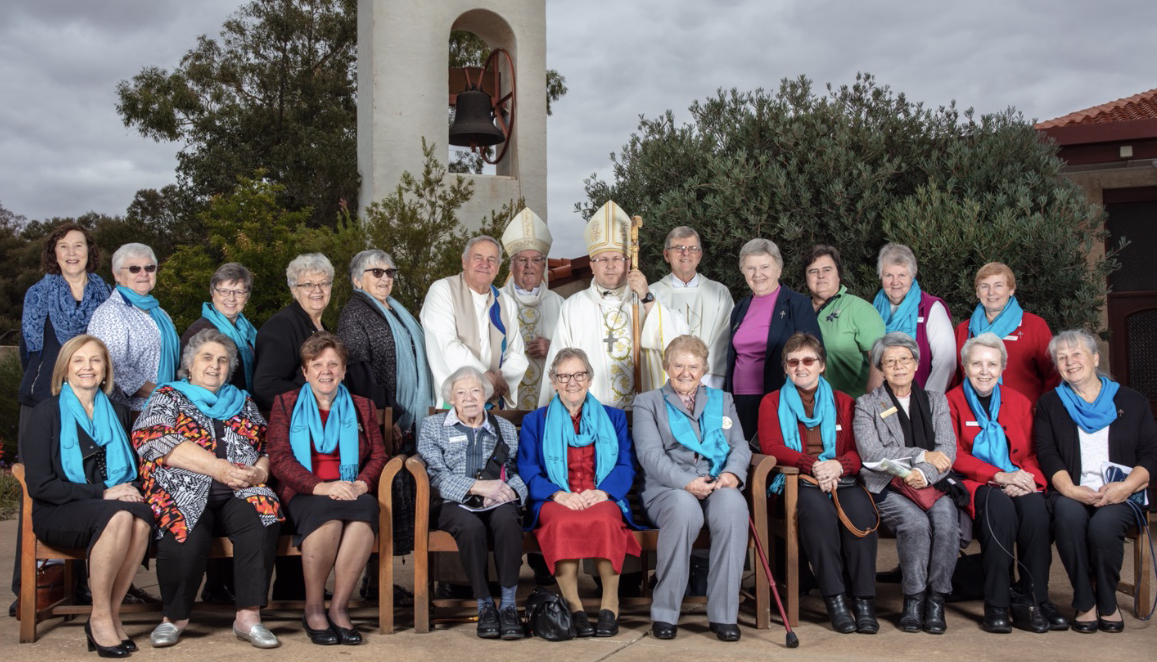
A steamer from Port Adelaide berthed at the Port Augusta wharf on Saturday 15 May 1871.
Among the passengers to disembark were three women, all dressed in the same brown garb.
The new arrivals were Sisters Mary of the Cross MacKillop, Angelica Greene and Angela Crugen.
Feast of the Sacred Heart 2021
June 7, 2021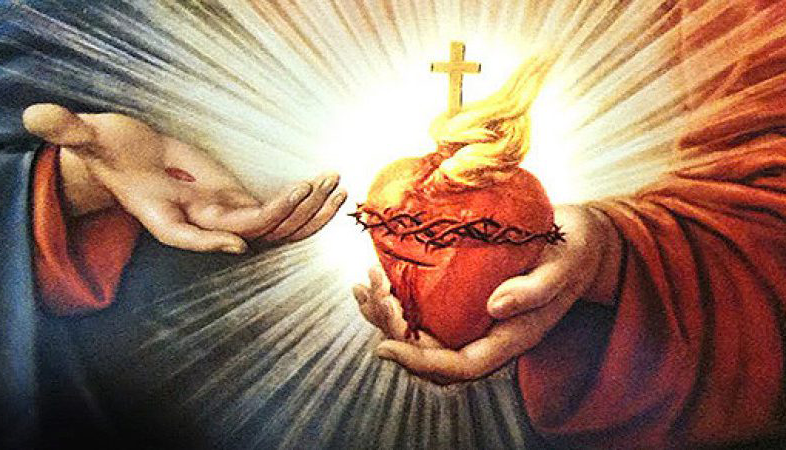
Greetings as we celebrate the feast of the Sacred Heart.
This is a special feast day for the Sisters of Saint Joseph of the Sacred Heart which calls us to give expression to a spirituality of the heart. It was a feast important to both our founders Julian Tenison Woods and Mary MacKillop and still held dear in the hearts of the Sisters today.
During May 2021 I had the opportunity to hear Cardinal Tagle speak to Congregational Leaders of Religious Institutes from around the world. I found a deep resonance with his sharing on the culture of encounter referred to in Pope Francis’ encyclical Fratelli Tutti and our celebration of the feast of the Sacred Heart.
He began by referring to this passage from Exodus: I have witnessed to the affliction of my people. I have seen their misery, heard their pleas for help and I know their suffering. (Exodus 3:7)
To Love Like Mary MacKillop, Love the Poor
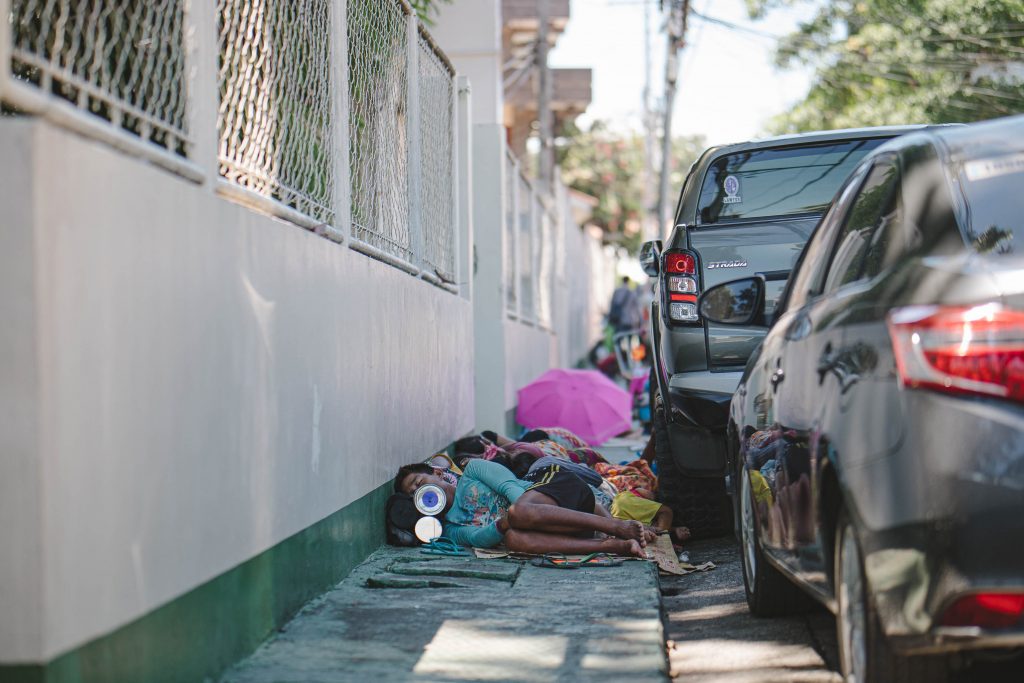
Mary MacKillop, a strong woman of deep compassion, had a real love for the poor. Her love of God led her to reach out to the most deprived and despised in the colony in her time. Joan Healy rsj wonderfully describes this phenomenon:
God’s Spirit wove the threads of her circumstances into a spiritual fabric resilient enough for her tumultuous times and ours. It is spirituality tough and tender, simple and practical, grounded and mystical. It led Mary to seek and serve God at the margins of Australian society, where poor people struggled in the remote outback and sordid slums of the rapidly growing cities.1
Mary’s greatest concern was for the marginalized in society. Her deep care led her and the early sisters to set up places for older women, especially those who were frail. She demonstrated support for young women recently released from prison by giving them shelter and set up an orphanage for the neglected children.
The Birth of St John, the Honey-Eater
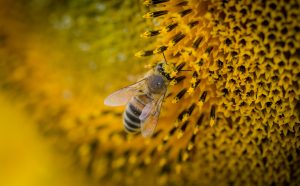
My ageing parents helped raise two grandsons for a while. Whenever the boys were away, the signals for their return were the tyres of the car bringing them home rattling the cattle-grid outside our home, and my mother saying with a smile, “Here come the honey-eaters!”
Ahead of the Church’s feast day commemorating the birth of Saint John the Baptist, I am musing that his parents, Elizabeth and Zechariah, might just have bred a similar love of honey into their precious boy, God’s gift in their old age.
When reading of John in Matthew 3:4 and Mark 1:1-8 we find him living in the desert, surviving on wild honey, and preaching his love for God’s word from the strength of it.
Perhaps his parents might have said as they saw him leave home and take up his adult ministry, “There goes the honey-eater!”
As John’s sticky fingers possibly left childhood prints over his family home in Judah’s hill country, his prophetic spirit left its mark across a wide faith tradition.
His authentic preaching of God’s challenging, yet merciful word, his witness to truth and justice, his compassion for those marginalised by inequality and his resulting martyrdom ensured that. (Lk 3:10-14; Mk 6:14-29).
There is a beautiful connection the Jewish scriptures make between fidelity to the word of God and honey-eating.
